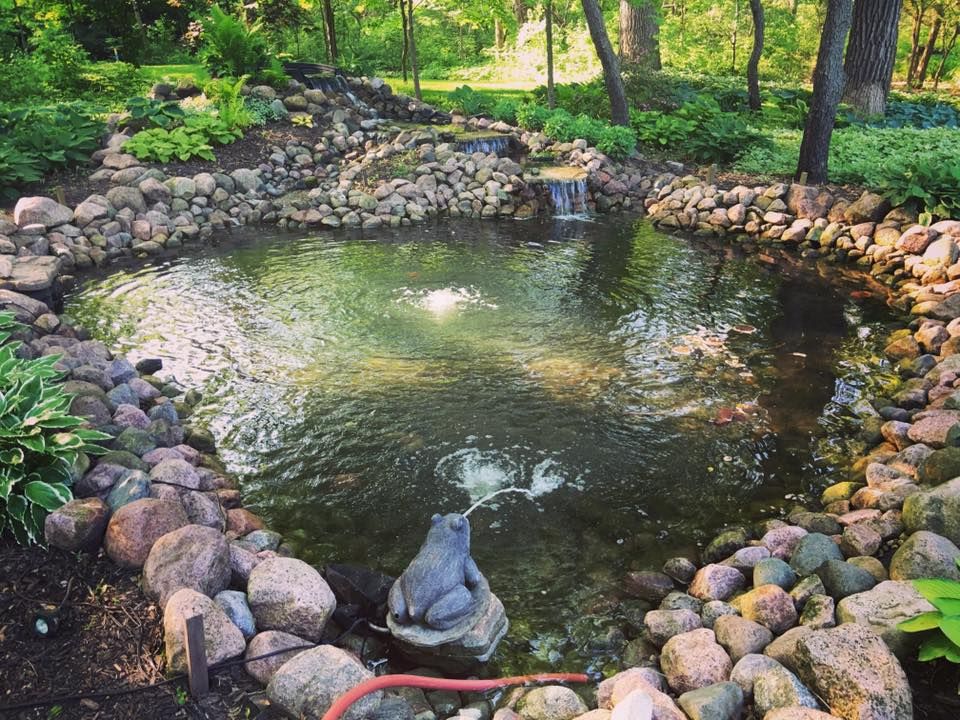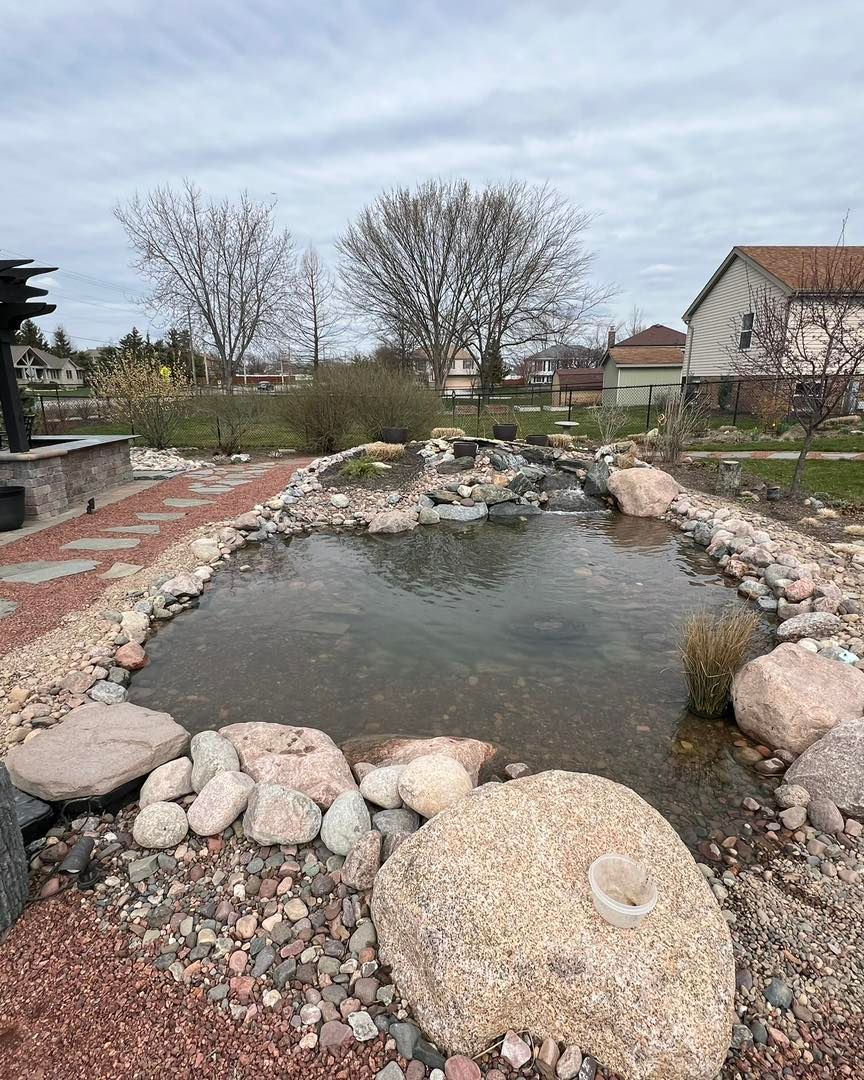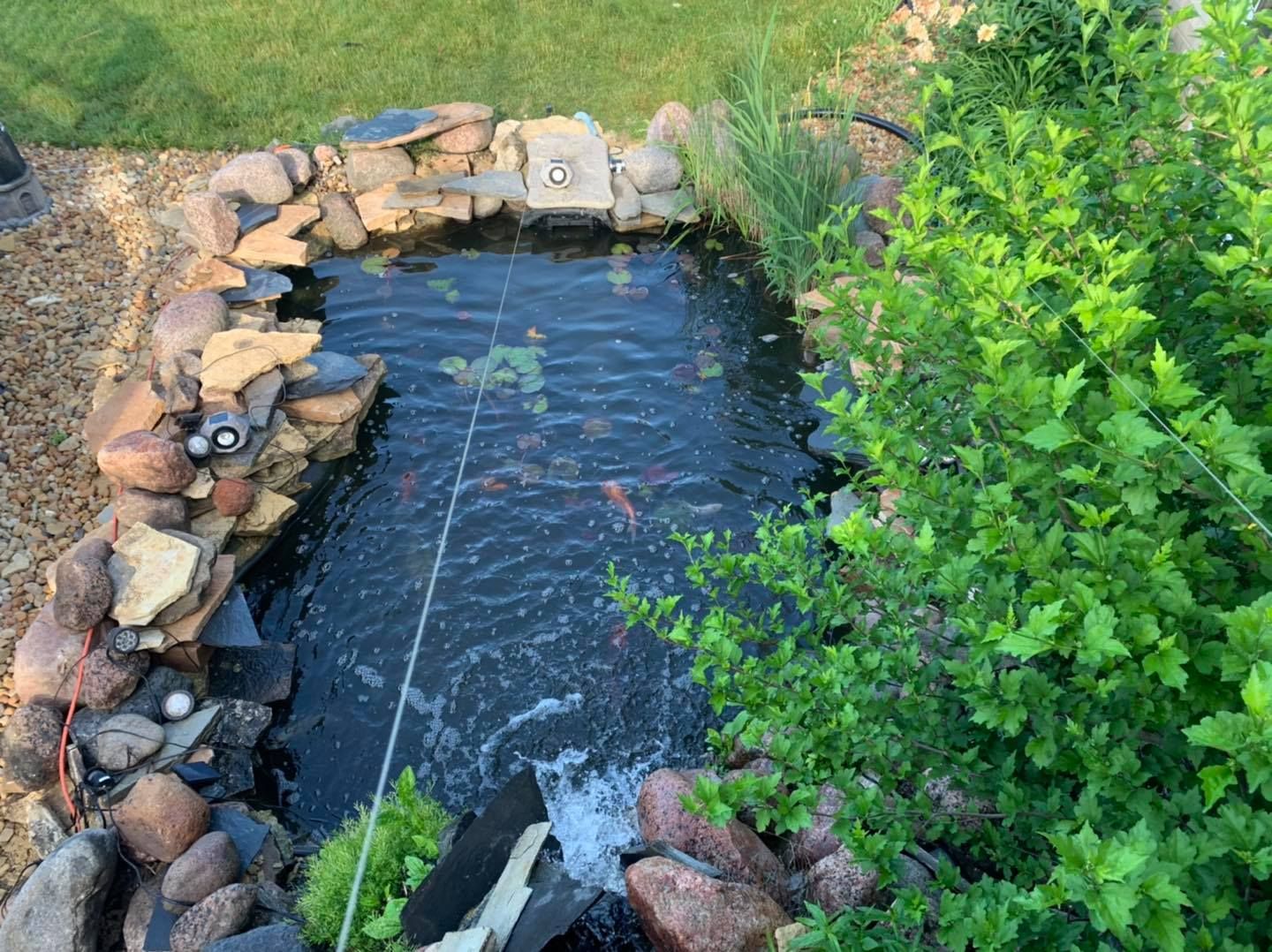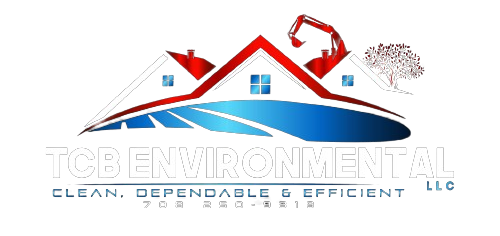How to Choose the Perfect Pond Pump Size for Your Backyard Water Feature?
October 4, 2025
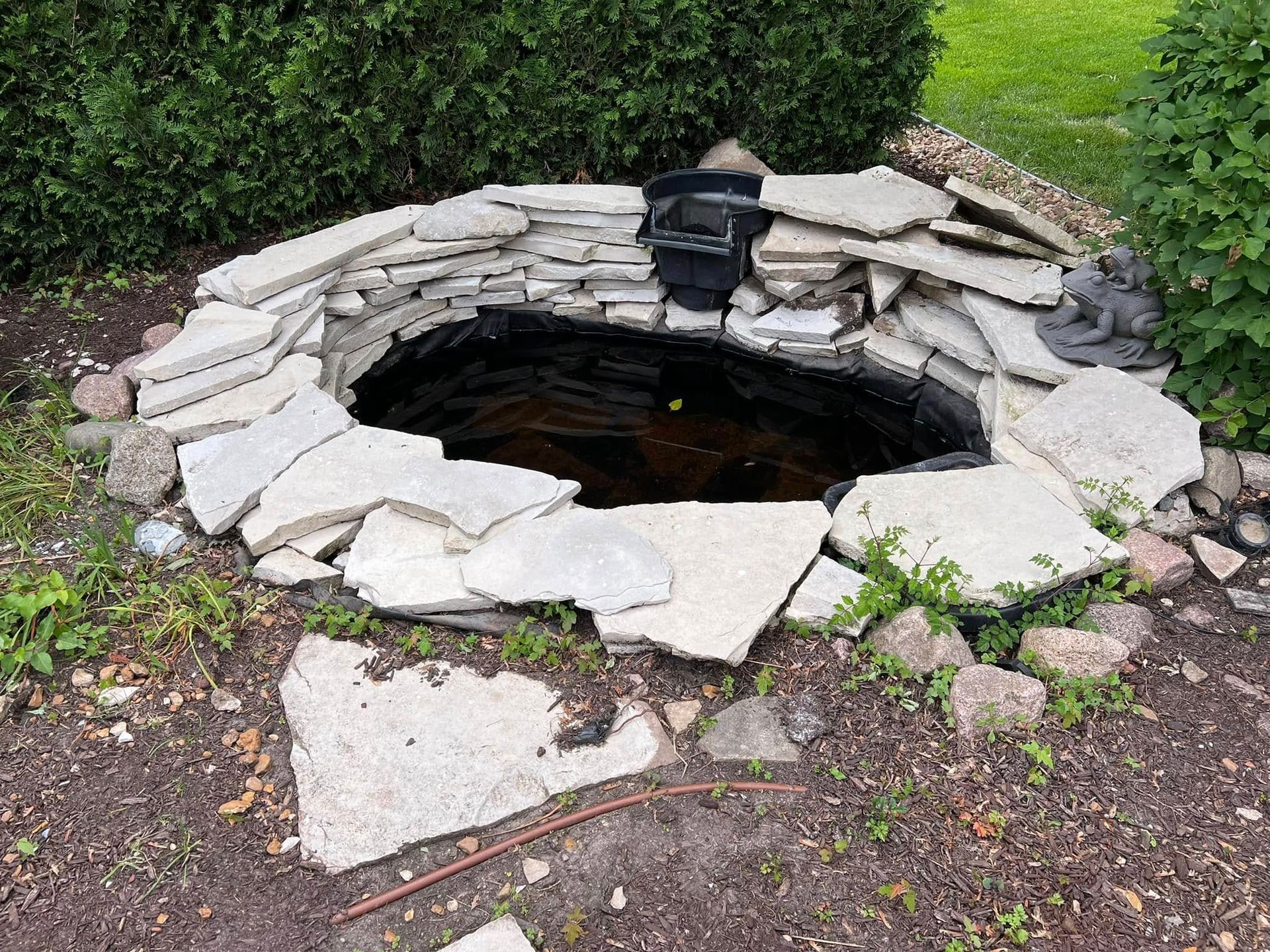
A backyard pond is more than just a decorative element—it’s a vibrant ecosystem that brings life, movement, and tranquility to your outdoor space. Flowing water attracts birds and beneficial insects, while the gentle sound of rippling water creates a calming atmosphere for relaxation. A properly functioning pond not only enhances the beauty of your yard but also supports healthy fish and plant life. Central to this ecosystem is the pond pump, which keeps water circulating, prevents stagnation, and ensures optimal oxygen levels. Choosing the right pump size can seem overwhelming, but understanding your pond’s needs is the first step to creating a thriving water feature. In this guide, we’ll explore how to select the perfect pond pump size for your backyard oasis.
1. Determine Your Pond Volume
The most crucial factor in choosing a pump is your pond’s volume, measured in gallons. Accurately calculating the total water capacity ensures the pump can circulate the entire pond effectively. As a general guideline, a pond pump should be able to circulate the full volume of water at least once every two hours. For example, a 1,000-gallon pond requires a pump that can deliver 500 gallons per hour (GPH).
2. Consider Pond Features
Waterfalls, fountains, and streams require higher flow rates to achieve the desired visual effect. A small pond pump may suffice for simple circulation, but a larger pump is needed to maintain a waterfall’s height and volume or to create dynamic fountain patterns. Always factor in the extra GPH required for these features when sizing your pump.
3. Account for Head Height
Head height refers to the vertical distance the pump must push water from the pond to the highest point in your feature. The greater the head height, the more powerful your pump needs to be. Check the pump’s specifications to ensure it can deliver the required flow rate at your pond’s maximum head height, not just at zero lift.
4. Energy Efficiency and Long-Term Costs
Pumps run continuously, so energy efficiency is essential. A properly sized pump uses less electricity and reduces wear over time. Look for energy-efficient models designed for continuous operation, and consider variable-speed pumps that allow you to adjust flow as needed.
5. Maintenance and Durability
A good pond pump should be easy to maintain and resistant to debris and sediment. Submersible pumps are popular for smaller ponds, while external pumps often serve larger or feature-intensive installations. Choosing a reliable brand and reading reviews can prevent frequent repairs or replacements.
Trust the Experts at TCB Environmental LLC
Selecting the
perfect pond pump requires careful consideration of pond size, features, head height, and energy efficiency. For homeowners in Peotone, Illinois, TCB Environmental LLC
brings 18
years of experience in designing and maintaining backyard water features. Our team of experts can guide you in choosing the ideal pump, ensuring your pond remains a beautiful, healthy centerpiece year-round. From proper installation to ongoing maintenance, TCB Environmental LLC
is committed to helping you create a serene and sustainable backyard oasis that you and your family can enjoy for years to come.
